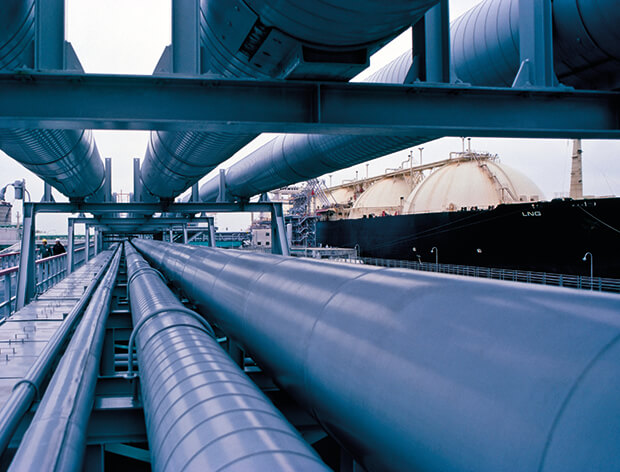Rising energy prices, shifting trade patterns and margin calls are driving liquidity shortages in the commodities trading market, experts warn, as banks reportedly remain nervous around lending.
Following Russia’s invasion of Ukraine, European and US-led restrictions on oil and gas imports have rattled markets. Oil and gas price rises have accelerated due to potential supply shortages, while many banks are taking additional steps to limit their potential exposure to Russian activity.
In evidence given to a UK Treasury Committee inquiry this week, Amrita Sen, director of research at London-based consultancy Energy Aspects, warned that signs are emerging of alarming liquidity shortages in the commodities trading market.
“Because banks have become very particular and scared of lending, it is creating a big credit crisis in the market,” she said. “There is a lot of liquidity that is just not there.”
Sen said companies in some regions are continuing to trade with Russia, noting that Chinese authorities have agreed to bypass letters of credit for Russian imports. In Europe, however, banks “are pulling a lot of liquidity, and others are not lending”, she said.
“It is just too difficult, and banks are being very stringent in terms of loans and how they interact with Russia.”
Another issue is that sourcing oil and gas from markets further afield carries additional costs, and as a result, increases the amount of financing importers require.
“Capital gets tied up as soon as you move from short-haul to long-haul trade. It can be done, but it will be expensive,” Sen said.
Concerns over diminishing liquidity from banks comes at a challenging time for commodities traders.
Bloomberg revealed this week that trading giant Trafigura held talks with private equity funders in a bid to secure additional financing, after rising commodities prices prompted margin calls across the market.
Trafigura held talks with Blackstone Group over a potential US$2bn to US$3bn investment, it emerged, while also approaching Apollo Global Management, BlackRock and KKR & Co.
A spokesperson for Trafigura says the company has been “building relationships with alternative providers of capital”, and that it “regularly engage[s] with alternative capital providers on debt and asset-level equity opportunities”.
Trafigura continues to source financing from the traditional banking sector, this month securing a US$1.2bn revolving credit facility with a group of international lenders, which GTR understands is expected to increase to US$2bn after syndication.
More widely, Livia Gallarati, a senior analyst for oil markets at Energy Aspects, tells GTR that “giant” margin calls triggered by soaring gas prices have resulted in “huge increases in the requirement for cash that companies need to put down to cover part of the value of short positions”, used to hedge prices of long-term contracts or physical inventories.
Risk.net revealed this week that European energy and commodities traders had approached central banks for liquidity support after being faced with margin calls on derivatives trades, while the Financial Times reported that the European Federation of Energy Traders – which includes Shell, BP and Vitol among its members – had requested “emergency” cash support from governments.
“Volatility is so high at the moment that risk managers are forcing the closing down of positions,” Gallarati says.
“When prices can move $10 per barrel in either direction three times a day, no one can warehouse overnight risk and market-makers are disappearing. The need to post higher margins for warehousing at elevated price and volatility levels also ties up capital.”
Some traders remain optimistic, however. Simon Huber, head of structured trade finance at Bluequest Resources, a Swiss-based trader of metals and minerals, says high prices mean the company’s credit lines are being utilised significantly more since the energy crisis started.
Initial concerns that banks would withdraw lines have not materialised, however, with lenders instead offering to provide a temporary increase in funding or support in meeting margin calls. Huber suggests this is because Bluequest has minimal direct exposure to Russia.
“I was initially concerned, as the normal reaction of the banks to a crisis is to cut everything,” he tells GTR. “But this time there seems to be an understanding that cutting financing lines could lead to more trouble, and have a much more negative effect overall.”
Additional reporting by Felix Thompson.







